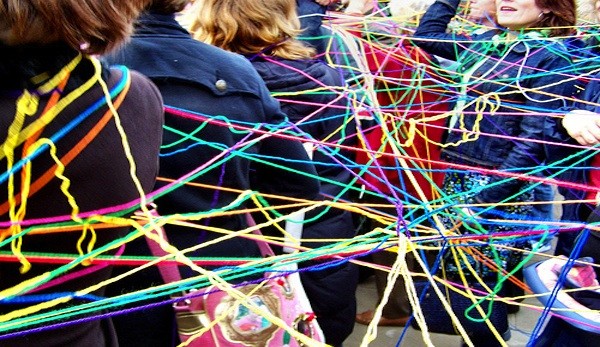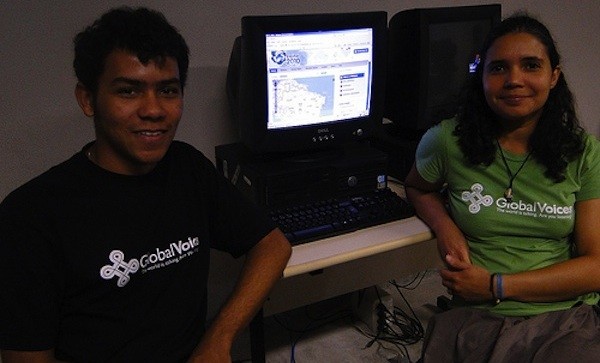dmlcentral.net
Recommended Reading, Viewing, Clicking
Editor's note: Global Kids does a stellar job each month pointing us to key resources.
We are not Waiting for Superman, We are Empowering Superheroes (Presentation)
Social entrepreneur and learning researcher Diana Rhoten, at a recent conference, presented, "Design for Learning: We Are Not Waiting for Superman, We are Empowering Superheroes," a response to the recent film about the failures of American education, "Waiting For Superman." Interested in re-designing the face and the future of learning, Diana laid out three assumptions and three aspirations that offer a great summary (with much better articulation) of how we at Global Kids approach digital media and learning.
* Assumption 1: The future of education is about learning not schooling.
* Assumption 2: Technology is not an end in itself but a means to an end, and that end is better learning.
* Assumption 3: The power of technology to advance learning depends on context of use.
* Aspiration 1: We want to be disruptive in our work.
* Aspiration 2: We see our work as taking place on the edges.
* Aspiration 3: We want to work with thinkers and doers, makers and movers beyond the “usual suspects.”… more
Becoming a Master in Knowledge and Networks
Last December, deans from the Graduate School and the College of Arts and Sciences at Duke University came to me and asked if I and the team at the Humanities, Arts, Sciences, and Technology Advanced Collaboratory (HASTAC) team based at Duke would assess the need and opportunity and then propose a multi-disciplinary Master's Degree that would help its graduates be prepared for communication, interaction, commerce, and other features of a digital age. We began work, putting calls out to the HASTAC and Digital Media and Learning community, soliciting feedback on our way to drafting a proposal for a new Master's degree in Knowledge and Networks. This is a degree that, by design, spans the two cultures of technology and science on the one hand, and human and social sciences and the arts on the other. It encompasses deep learning in the theory and history of communication, technology, and social networks with actual preprofessional (we're calling it "re-professional") training in project management, community building, and application of humanistic knowledge of communication in real-world settings, either with a social purpose (such as nonprofits) or as part of small businesses (entrepreneurship and innovation). We have shown these ideas to many faculty, and have arrived at a draft proposal ready to be seen and discussed, both at Duke University and by anyone in the world.… more
Brazilian Elections and Emerging Webcitizenship
Diego Casaes and Paula Goes from Global Voices Online have been instrumental in crowdsourcing efforts for the 2010 Brazilian elections.
Oct. 3 was Election Day in Brazil. About 135 million Brazilians voted (in Brazil, voting is compulsory) for their candidates for president, state governors, senators, federal and district deputies. However, these elections took place in a new context. It was the first time Brazilians experienced the Internet playing a significant role in the media coverage and in the election itself. All the candidates for president and most of the other candidates have had websites and Twitter accounts. The election saw the first online debate among presidential candidates in August. Several other debates were recorded and published on the Internet. And also, many citizen-created projects flourished, allowing voters to have a more active role in the elections.… more


